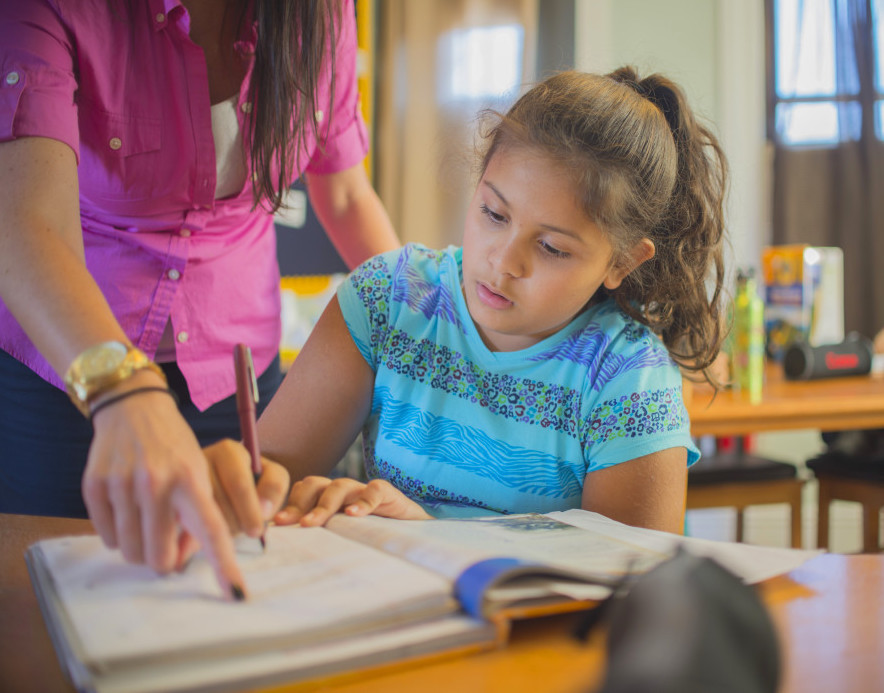How Difficult ‘Day After’ Discussions with Students Can Help Them Process the Present and Prepare for the Future
 Staring at the faces of the middle school teachers on her computer screen, Principal Laina Cox felt the tears welling up — again. They were discussing an email she’d sent the night before. The subject line read: “Living history.”
Staring at the faces of the middle school teachers on her computer screen, Principal Laina Cox felt the tears welling up — again. They were discussing an email she’d sent the night before. The subject line read: “Living history.”
Written hours after a violent mob of rioters invaded the U.S. Capitol and shook the country, Cox’s note called on every single teacher to talk about the insurrection in class. She wanted every middle schooler at Capital City Public Charter School in Washington D.C. to remember who was standing in front of them, and what they learned, on Jan. 7, the day after the attack.
“I require my teachers to be truth tellers,” Cox said. “We aren’t able to process as people. We have to process as those people who are standing in front of children.”
Last Thursday was the latest in a decades-long string of markedly difficult days for educators — the “day after,” when the country begins to process and some teachers push aside planned lessons to explore students’ questions and unpack their emotions. These are days that educators say shape their careers and classrooms — and experts say include increasingly crucial conversations as historic national events become more frequent and polarizing.
Cox can rattle off from memory nearly a dozen of these tearful mornings, starting with the September 11 attacks during her first week of student teaching. Graduate school hadn’t prepared her for that, she said, but it had left her with the impression that she wasn’t supposed to cry in front of students.
“This 20-year difference is such an eye-opening piece for me,” Cox said. Back then, she was nervous about the fact that she had cried in front of her students and had “shown them my vulnerability,” she said. In 2021, she said she was “crying with confidence because I knew that that represented my passion.”
Excerpted from “How Difficult ‘Day After’ Discussions with Students Can Help Them Process the Present and Prepare for the Future.”
The full article, published in KQED’s MindShift, contains first-hand accounts from educators on how they handled difficult discussions after events such as the terrorist attacks on September 11, 2001, the day after 20 children and six adults were killed at Sandy Hook Elementary School, day after Freddie Gray, a 25-year-old Black man, died of a severe spinal cord injury while in police custody in Baltimore, the day after Breonna Taylor was fatally shot, and the day after the insurrection on the Capitol.
Source: MindShift | How Difficult ‘Day After’ Discussions with Students Can Help Them Process the Present and Prepare for the Future, https://www.kqed.org/mindshift/57227/how-difficult-day-after-discussions-with-students-can-help-them-process-the-present-and-prepare-for-the-future | © 2021 KQED INC
CHC offers free community education sessions for educators. Join us to learn practical teaching strategies you can use in your classroom to help more kids reach their promise and potential. Educator sessions are led by experienced educator/clinician teams from Sand Hill School and CHC.





